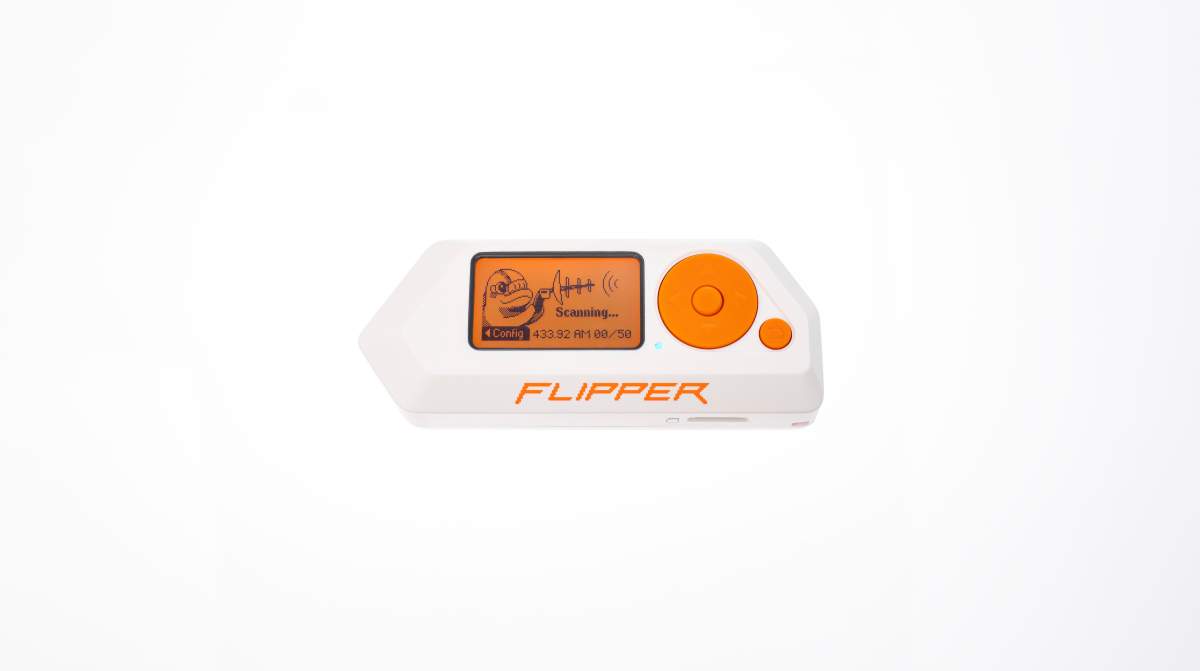An estimated 90,000 vehicles are stolen in Canada every year, costing insurance companies and taxpayers about a billion dollars annually.

The escalation in auto theft has prompted policymakers and observers, including former Ontario Provincial Police (OPP) investigator Bryan Gast, to declare it “a national crisis.”
“It’s hitting home with a lot of people,” he tells Global News. “Almost everybody knows somebody that’s had their car stolen.”
Gast is the vice-president of investigative services at Équité Association, a not-for-profit that seeks to combat insurance fraud. By their estimates, a vehicle is stolen every five minutes across Canada, with auto theft up 57.9 per cent in Quebec and rising 48.2 per cent in Ontario between 2021 and 2023. The vast majority of vehicles are destined for ports overseas.
Équité Association states that auto theft “continues to be viewed as a low-risk/high-reward opportunity for criminals.” And Gast says, “it’s not a victimless crime” because proceeds fund organized crime, drug and firearms dealers as well as terrorism.
As part of a wider effort to crack down on auto theft, Francois-Philippe Champagne, the federal minister of Innovation, Science and Industry, recently announced his intention to ban “the importation, sale and use of consumer hacking devices, like flippers.”
The Flipper Zero is a pocket-sized tech device that can analyze and interact with wireless signals. And it is, perhaps, the most notorious flipper on social media, with a slew of TikTok videos suggesting it can be used to steal cars.

Get daily National news
One user, @bastien_227, who describes himself as an “ex criminal hacker” and “futurist” calls the Flipper Zero “a menace to society.”
But cybersecurity advocates and tech aficionados alike call plans to ban the Flipper Zero performative and ineffectual policy that will do little to tackle the growing epidemic of car thefts.
Alex Kulagin, COO of Flipper Devices, tells Global News, “Flipper Zero can’t be used to hijack any car, specifically the ones produced after the 1990s, since their security systems have rolling codes.”
He goes on to say, “Flipper Zero is intended for security testing and development and we have taken necessary precautions to ensure the device can’t be used for nefarious purposes.”
Kulagin referred Global News to a 2023 statement from the New Jersey Cybersecurity and Communications Integration Cell in the U.S., which says “most of the posted TikTok videos reportedly may have been staged and provided misinformation, as most modern wireless devices are not vulnerable to simple replay attacks.”
Unintended consequences
OpenMedia is a grassroots digital rights group and its executive director, Matt Hatfield, calls the decision to ban flippers “disappointing” and he adds, “I think the government maybe needs to watch fewer social media videos.”
In Hatfield’s view, a ban of flippers will hinder innovative work within the cybersecurity industry because the devices are tools used legally, by so-called “ethical hackers” and “pentesters” who test systems for points of weakness to improve security.
“The Flipper Zero is not capable of breaking encryption,” he says. “Banning the Flipper Zero is kind of like banning a wrench or a screwdriver. You’re actually going to make the job of some professionals quite a bit harder but it’s not going to do much to protect people from actual attacks on cars.”
When asked by Global News why Innovation, Science and Economic Development Canada (ISED) is going after the Flipper Zero, ISED responded with a statement that it poses security threats because devices like it can “read, copy and emulate wireless signals.”
ISED goes on to point out that the U.S. National Insurance Crime Bureau has published its concerns about the technology used by Flipper Zero to “possibly steal cars.”
In a statement, the federal government says it intends to move forward with “measures to restrict the use of such devices to legitimate actors only, and therefore the importation, possession, sale, and use by illegitimate actors will be banned.” Details are to be released in the near future.
Protect your vehicle
Gast won’t comment on the Flipper Zero specifically, though he does say generally that, “devices that are of concern only have one intended purpose and that’s to steal vehicles, even if they’re disguised as a tool that’s meant for a locksmith.”
He suggests a mix of high and low-tech strategies to help people guard against vehicle theft, including parking in your garage, if that’s an option, or a well-lit area. Consider investing in a physical steering wheel lock, locks for your vehicle’s engine and control systems and research how to guard against relay and reprogramming attacks. Any changes should be checked to ensure they don’t void your warranty.
Additionally, you can purchase a faraday box or pouch for your fob and a tracker for your vehicle.
The bottom line? Thieves don’t want to spend extra time stealing your vehicle, so don’t make it easy for them.
“Anything that makes it more difficult for the criminal to steal your vehicle is a good thing,” Gast says.









Comments
Want to discuss? Please read our Commenting Policy first.